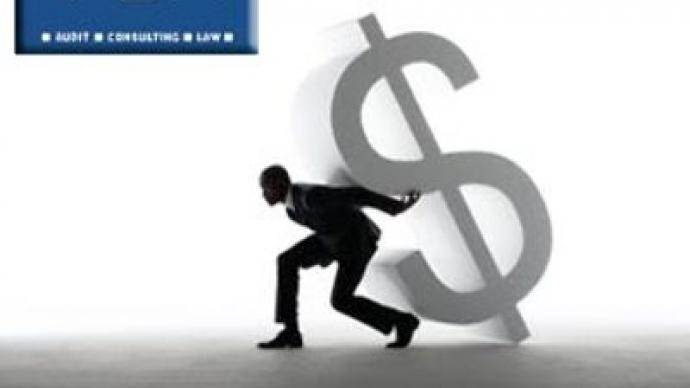FBK: After a year of global financial crisis and economic downturn

With the global financial crisis and ensuing economic slowdown passing its first anniversary, Business RT spoke with Igor Nikolaev, Director of Strategic Development at FBK about how the Russian economy has fared.
RT: What industries have handled the crisis of the past year the best?
IN: The food industry almost hasn’t suffered at all, which is logical as demand will always be there. The problem here is that food is accounting for a greater share of consumer outlays, indicating declining consumer incomes. Not surprisingly, agriculture has also remained stable and is even showing slight growth – a little less than 1% in 1Q 2009 – and again the reason is the same. People will always need food.
However, the food industry doesn’t reflect the macro economy in Russia as its share of GDP isn’t that significant. Trade, mostly within the country, makes up more than 22% of Russia’s GDP, while for the developed world the figure is at 12%. After growing in January, 2009 it started to go down by about 4 – 5% every month in Russia, which is a great concern.
RT: What sectors have borne the brunt of the downturn in Russia?
IN: The manufacturing industry was the biggest loser – slumping about 21% in 1Q 2009. Production of transport and transport fell 45%, with machinery production dropping 35% and construction industry falling 19%.
RT: What lessons can Russia take from the experiences of the last year?
IN: First and foremost, the lesson we should take from the crisis is that a speculative economy has a limited capacity. When the real and “virtual” economies grow at absolutely different paces with the former running far ahead of the latter, the disproportions will ultimately become obvious and could have dramatic effect, as it happened a year ago globally. We thought financial markets growth could last forever, we got absorbed into playing in “capitalization”, surrendered to euphoria and now we face the music. All we had to do then was to take a harsher view and take a fresh look at the situation.
RT: When do you think the Russian economy will show clear signs of a rebound?
IN: I personally don’t share that popular point of view that Russia’s economy will start recovering by next year. 2009 will show big losses with the country’s GDP falling by about 10%. It’s a really big number for an emerging economy. Take Russia’s BRIC counterparts, for example. Can’t be sure about Brazil, but China and India haven’t gone into the red, their economies have simply begun to grow at a slower pace. We have had a clear recession. I think, in 2010 Russia will also have a negative GDP growth of between 2 to 4%, with the first green shoots appearing only in 2011.
RT: What have been the main shortcoming of Russia’s anti crisis strategy?
IN: I think the priorities were wrong. Instead of directing all the efforts to rescuing Russia’s financial system we should have concentrated more on stimulating demand, like China, for example. Russia’s government also boosted its social expenditure, which is quite questionable as it can only compensate for some damage incurred, but can’t solve the problem at its core. And, of course, the very economy has a lot of structural problems, with the absolute dominance of oil and gas revenues. So, for an unbalanced economy it will be more difficult to recover and absorb positive results of the global one.












